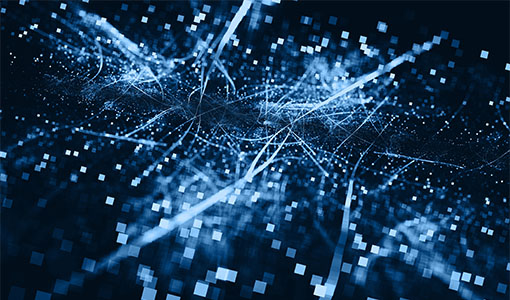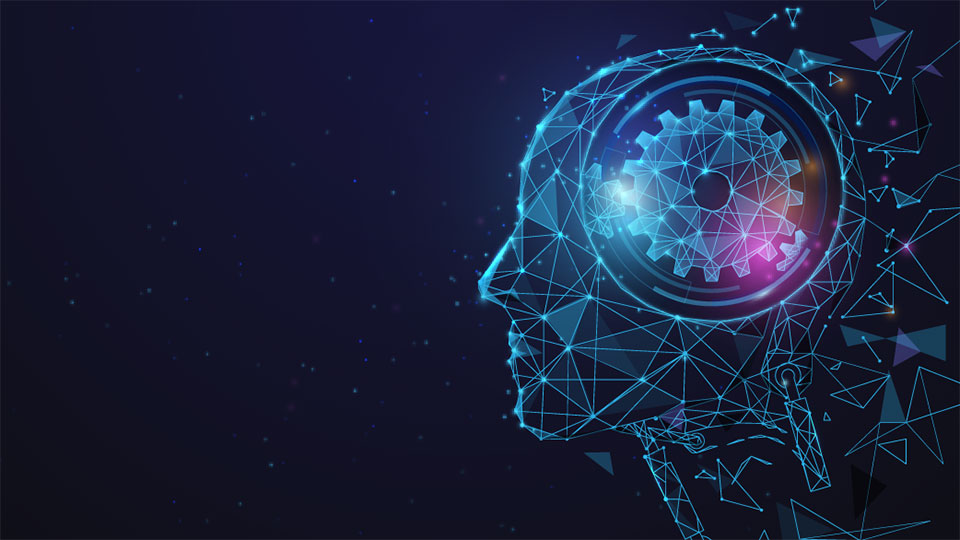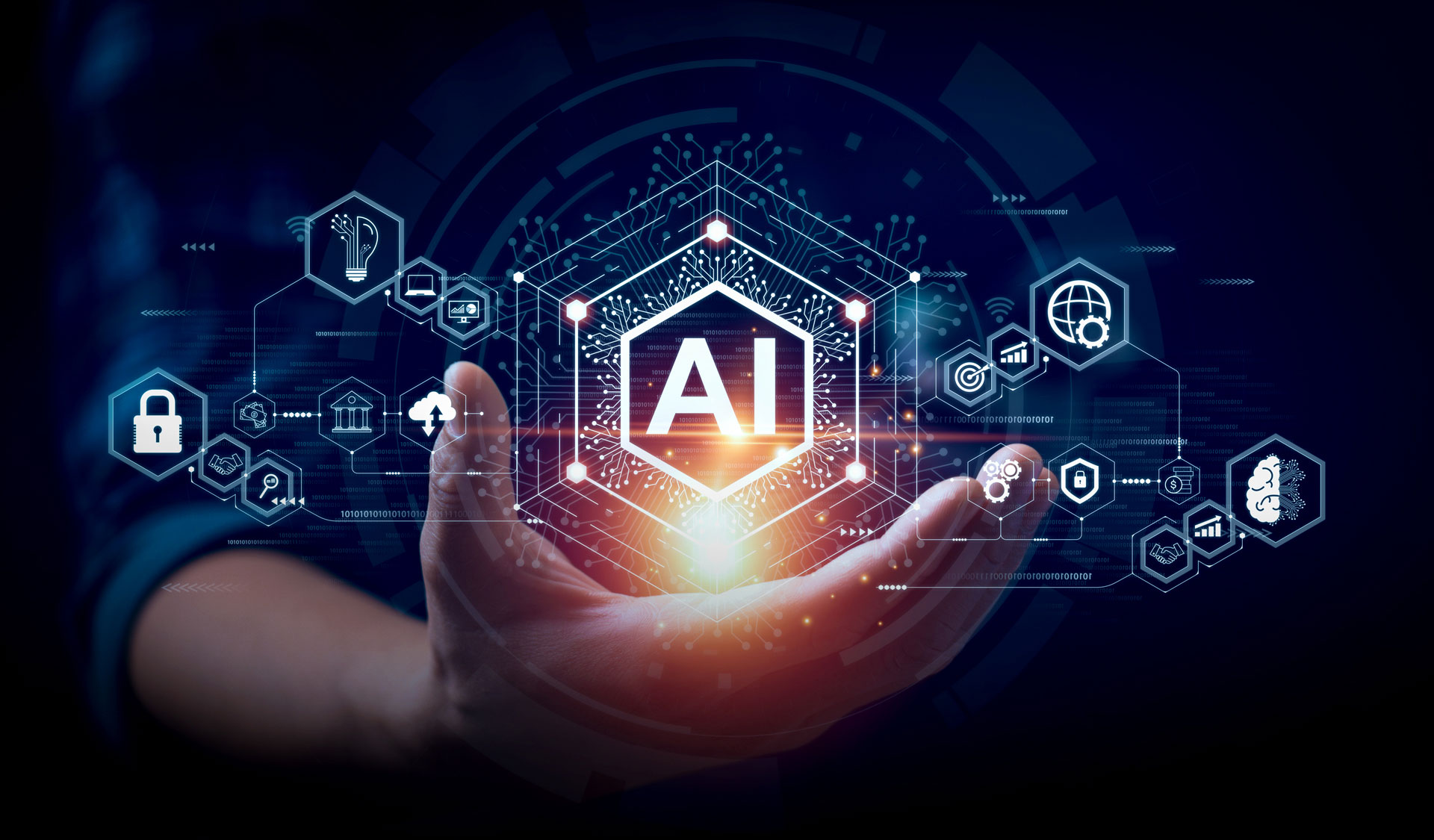The potential of AI technology has actually been percolating in the background for several years. But when ChatGPT, the AI chatbot, started getting headlines in early 2023, it put generative AI in the spotlight. This guide is your go-to manual for generative AI, covering its benefits, limits, utilize cases, prospects and much more.

What is OpenAI?

- Share this product with your network:
-
-
-
-
-
-.
-.
-.
-
- Cameron Hashemi-Pour, Former Site Editor
OpenAI is a personal lab that aims to develop and direct synthetic intelligence (AI) in methods that benefit humanity as a whole. The company was founded by Elon Musk, Sam Altman and others in 2015 and is headquartered in San Francisco.
OpenAI was developed in part because of its creators' existential issues about the capacity for catastrophe resulting from carelessness and misuse of general-purpose AI. The company has a long-term concentrate on fundamental advances in AI and its abilities. The founders of the company and other investors began the company with a $1 billion endowment. In February 2018, Elon Musk left the business due to a prospective dispute of interest with his work at Tesla, the automotive and clean energy company inspired by Nikola Tesla.
The specified intent of the business-- to pursue safe artificial general intelligence (AGI) for the benefit of humankind-- is shown in its goal to freely collaborate with other research study companies and individuals. Research and patents made by the company are intended to stay open up to the general public except in cases where they could negatively affect safety.
Timeline and history of OpenAI
OpenAI was initially focused on establishing AI and device learning tools for computer game and vmeste-so-vsemi.ru other recreational purposes. Less than a year after its official founding on Dec. 11, 2015, it launched its very first AI offering: an open source toolkit for developing reinforcement learning (RI) algorithms called OpenAI Gym. Over the next 2 years, OpenAI concentrated on more general AI advancement and AI research.
This short article is part of
What is Gen AI? Generative AI explained
- Which also includes:.
8 top generative AI tool classifications for 2025.
Will AI replace tasks? 17 task types that might be affected.
25 of the best large language models in 2025
In 2018, OpenAI released a report to explain to the world what a Generative Pre-trained Transformer (GPT) is. A GPT is a neural network, or a maker finding out model, produced to function like a human brain and trained on input, such as big data sets, to produce outputs-- i.e., answers to users' concerns.
In March 2019, OpenAI shifted from nonprofit to capped-profit status and became formally referred to as OpenAI LP, managed by parent company OpenAI Inc. Almost two years later, in January 2021, OpenAI presented Dall-E, a generative AI model that evaluates natural language text from human users and after that creates images based upon what is described in the text.
Perhaps the company's best-known product is ChatGPT, launched in November 2022 and heralded as the world's most sophisticated chatbot for its capability to supply responses to users on a relatively limitless variety of subjects. Its benefits and disadvantages, as well as its uses in various industries, are still being debated.
Elon Musk no longer serves on the board of the business, and co-founder Sam Altman served as the company's CEO until November 2023 together with president and chairman Greg Brockman, previously the CTO of monetary services and SaaS company Stripe; and chief scientist Ilya Sutskever, previously of Google.
In November 2023, Altman was fired from his position by the board of directors, citing that Altman was not honest in his interactions to the board. Not long after, Brockman left the business. Both were worked with by Microsoft 3 days after leaving the company.
Emmet Shear, co-founder of Twitch, was worked with as the interim CEO at OpenAI after Altman's departure. Following Altman's shooting, roughly 500 of OpenAI's staff members stated they would stop if the board of directors didn't step down. After just 5 days, Altman and Brockman were re-hired in their original functions at OpenAI with a new board of directors.
Notable jobs and releases
OpenAI has been deemed advanced for its noteworthy item offerings, that include the following:
GPT-3. This effective big language model (LLM) works as the basis for other OpenAI items. It examines human-generated text to discover to generate comparable text by itself.
GPT-4. Released in March 2023, GPT-4 provides multimodal AI performance, where it can analyze both text and images.
GPT-4o. Introduced in May 2024, GPT-4o improved multimodal capability to acknowledge images, text and audio. GPT-4o is more conversational than other models. GPT-4o will recognize the user's screens and photos and ask concerns about them.
OpenAI o1. Released in September 2024, OpenAI o1 is an LLM with improved thinking functionality. Instead of supplying a response as rapidly as possible, o1 "thinks" through the ideal method to solve an issue for more accurate actions.
OpenAI o3. Announced in December 2024, this o1 follower design has two versions-- o3 and o3-mini. These models utilize what OpenAI calls a "private chain of idea" in reinforcement knowing, which teaches the o3 model to stop briefly and examine internal dialogue using simulated thinking before producing replies. OpenAI strategies to release o3-mini to the general public in January 2025.
ChatGPT Search. This AI search engine is presently developed into ChatGPT for Plus and Team users. The search function offers current information from the internet and allows ChatGPT to contend with other online search engine. It was launched in October 2024.
Dall-E and Dall-E 2. These generative AI platforms can analyze text-based descriptions of images that users desire them to produce and then generate those images exactly as explained.
Clip. Clip is a neural network that synthesizes visuals and the text pertaining to them to predict the best possible captions that the majority of accurately describe those visuals. Because of its ability to gain from more than one type of data-- both images and text-- it can be classified as multimodal AI.
ChatGPT. ChatGPT is presently the most sophisticated AI chatbot developed for generating humanlike text and producing responses to users' questions. Having been trained on large information sets, it can produce responses and reactions the method a human would. Since its creation, updates to this tool have actually permitted it to interact with users through voice discussion and images.
Codex. Codex was trained on billions of lines of code in different programming languages to assist software designers streamline coding processes. It's established on GPT-3 technology, however rather of generating text, it produces code.
Whisper. Whisper is labeled as an automated speech recognition (ASR) tool. It has been trained on a wide variety of audio information in order to recognize, transcribe and equate speech in about 100 various languages, including technical language and various accents.
ChatGPT Enterprise. Although this is similar to the consumer version of ChatGPT, the enterprise version lets users build the training of their model. This edition likewise assesses the recent incremental modifications made to ChatGPT.
Custom GPTs. GPTs are custom variations of ChatGPT that users can tailor to specific use cases with no code. Verified GPT home builders can share custom-made GPTs in the GPT store and generate income doing so.
OpenAI and Microsoft
At the start of 2023, Microsoft openly devoted to a multibillion-dollar investment in OpenAI, but its interest in the company is nothing new. In July 2019, OpenAI participated in a multiyear partnership with Microsoft in which Microsoft's cloud platform, Azure, has actually been enhanced by AI-based computing items.
Microsoft's newest financial investment in OpenAI reaches Bing, its search engine. The company is utilizing the same innovation developed for ChatGPT to produce an AI-infused variation of Bing. Concurrently, AI-based functions have actually likewise been contributed to Microsoft's Edge internet browser, and ChatGPT performance is being contributed to Microsoft 365 products such as Outlook and Teams.
Criticisms of OpenAI
Despite all these rapid developments, OpenAI has not been unsusceptible to criticism, both worldwide of tech and beyond. The business's shift from "not-for-profit" to "capped revenue" status in 2019 sustained criticism that its commitment to working with others on building "safe and advantageous" basic synthetic intelligence had ended up being a profit-driven "AI arms race" to produce the most sophisticated AI innovation on the marketplace. Simultaneously, others have revealed concerns about OpenAI's growing lack of openness into how its groundbreaking items are being established, provided its commitment to developing open source software application.
More recently, the debut of ChatGPT in late 2022 has entered into a reasonable deal of criticism along with the extensive praise for its cutting-edge capabilities. The innovation has actually been accused of producing "hallucinations" or other factually unreliable answers that are seemingly intelligent and well written, yet do not hold up under scrutiny. While this is possibly the most infamous drawback of the platform, others include its possible to plagiarize from other sources along with its limitations in producing answers on the most current news. The information set it was trained on was from 2021, so the content it produces could injustice those who need information on existing events. OpenAI upgraded ChatGPT Plus in November 2023 to consist of info approximately April of that year.
OpenAI's chatbots are amongst numerous that dealt with safety concerns early in 2023. Aside from the assistive capabilities of these resources, scientists likewise found toxic material in their reactions. Examples of these consist of details on how to build a bomb, together with assistance on how to perform identity theft and take from a charity.
International apprehension surrounding AI likewise continues to emerge. The French and Italian governments, for example, provided demands and assessments for OpenAI. Meanwhile, the U.S. White House asked for further details related to the dangers related to AI.
Lawsuits surrounding copyright with OpenAI have actually likewise come up. In June, creators dealt with analysis amid a charge from Joseph Saveri Law Firm. Made on behalf of 5 book authors, this accusation showed ChatGPT and its hidden LLMs-- GPT-3.5 and GPT 4-- included copyrighted products. Specifically, it accused these sources of using the authors' copyrighted works for summaries to train the LLMs. This happened without approval from the authors.
The New york city Times also took legal action against OpenAI and Microsoft in December 2023 for copyright infringement, implicating them of illegally copying short articles to train LLMs and develop AI items that contend with The New york city Times. The paper was the first significant wire service to sue OpenAI and Microsoft for using their publications to train AI systems.
Among issues, actions to improve the system frequently occur. In action to the skepticism surrounding ChatGPT, OpenAI introduced ChatGPT Enterprise in August. With this new variation, organizations can have a better hang on design training and the data that exists within models. However, there stays a lack of clearness surrounding the training data used by the model. As such, enterprises have actually shared issues about the design utilizing copyrighted product for training.
OpenAI has actually also faced criticism surrounding lack of diversity on its board of directors. Critics noted the board's lack of representation isn't in line with the company's objective to "benefit all of humankind." Following the shooting and rehiring of Sam Altman in November 2023, OpenAI ousted its only two female board members and restored a board made up solely white guys. Lawmakers in Washington likewise suggested that OpenAI diversify its board following the restructuring.
The future of OpenAI
OpenAI has not provided comprehensive public commentary on future strategies, but based upon current financial investments, democratization of AI is a clear objective of the Microsoft-OpenAI collaboration, as nontechnical professionals ought to quickly have more AI tools at their disposal that do not require AI proficiency.
Microsoft has also acted that appear to show the anticipated growth of OpenAI and similar resources. In 2023, the business revealed a financial investment of more than $13 billion in OpenAI. With the goal of sustaining using AI for different purposes, the investment gained a large amount of support following its comparison to the internet transformation.
In the 1990s, Bill Gates launched a memo that described the web as a "tidal wave" that would have a big effect on Microsoft. While referencing this memo, Microsoft CEO Satya Nadella recently noted the similarities in between web and AI growth. Furthermore, Microsoft is aiming to utilize these tools to support innovation.
In parallel with its anticipated growth, OpenAI hosted its very first developer conference in November 2023. At the occasion, OpenAI revealed GPT-4 Turbo, a language model with a substantially larger context window than its predecessors, a more affordable API prices design and a later training information cut. OpenAI also debuted adjustable GPTs, a "Copyright Shield" that will safeguard clients from legal action, and GPT store where users can monetize and access customized GPTs.
In December 2023, OpenAI struck a handle media company Axel Springer to use its news content in OpenAI's items. This lets ChatGPT give news summaries from Axel Springer's outlets, which include Politico and Business Insider. The offer shows OpenAI's intent to check out chances in AI-powered journalism.
Currently, OpenAI is in early talks with the California lawyer general's office to change is business structure from a capped-profit service to a for-profit service. OpenAI started as a not-for-profit AI research study lab in 2015.
Continue Reading About What is OpenAI?

What is generative AI? Everything you need to understand
Bard vs. ChatGPT: yogicentral.science What's the distinction?








